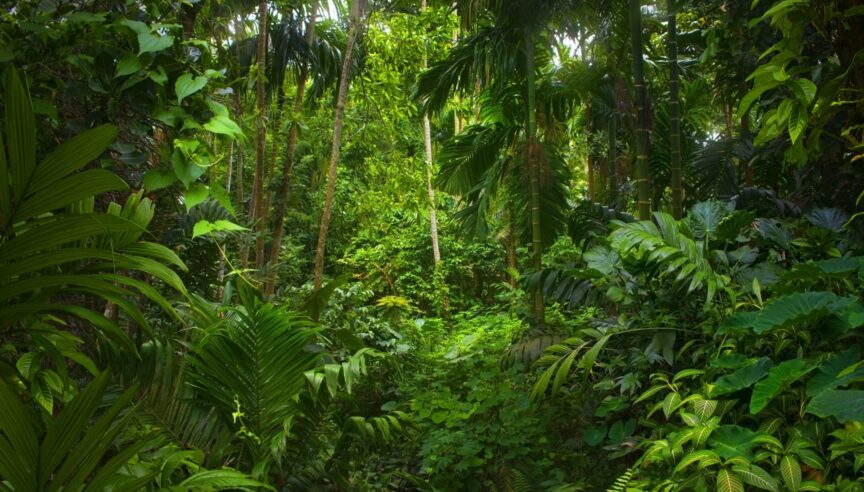
Lake Oguemoué
Reclaiming ancestral land for community forests in Gabon.
Lake Oguemoué in Gabon is a vital ecosystem that’s home to forest elephants, lowland gorillas, hippos and rare bird species.
Led by our brilliant partners at OELO and local sustainable fishing cooperatives, we supported the ‘Our Forest, Our Future’ project in Gabon. An initiative that aims to create community forests around Lake Oguemoué.
Why? Well, for too long ancestral forests here have been carved into concessions and handed over to foreign logging companies.
What’s left behind? Exploited landscapes and communities left out of decisions that affect their lands, lives, and future.
Now, that’s changing. This project is a powerful step towards community-owned forests, where the people who live there lead the way in protecting them.

Our Forest, Our Future
The “Our Forest, Our Future” project looks to reclaim ancestral forests and manage forest biodiversity sustainably for generations to come.
Exciting sightings
The communities around Lake Oguemoué have watched their forests and livelihoods suffer at the hands of irresponsible foreign logging companies. Access to their land was lost, and with it, control over the resources they’ve depended on for generations.
But thanks to the work of OELO and the determination of local people, change is already taking root.
During the dry season, more elephants and hippos were spotted than ever before. Where as 10 years ago you may have been fortunate to count a handful of hippos on the river leading to the lake, this year their numbers reached 30.
Funding Solutions
Protecting the rainforest now, for the future.


